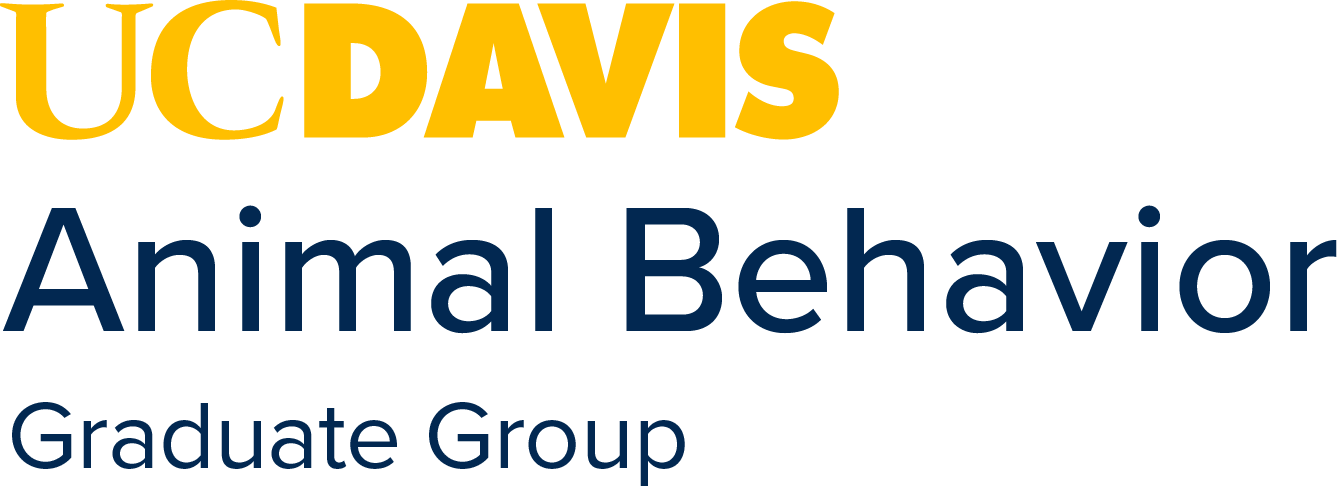About the Program
The Davis campus has a distinguished history of teaching and research in the life sciences including animal behavior. The Animal Behavior Graduate Group is an interdepartmental program in which unites over 30 faculty members across a dozen departments spanning the College of Biological Sciences, the College of Letters and Sciences, the eCollege of Agricultural & Environmental Sciences, the College of Engineering, and the School of Veterinary Medicine. Faculty members mentor our students in a range of animal species as well as a diversity of theoretical and methodological approaches to research and specializations.
All specializations emphasize adaptive and evolutionary aspects of animal behavior. The program trains students for teaching and research in areas related to:
- Anthropology
- Animal science
- Conservation biology
- Ecology
- Entomology
- Neurobiology
- Psychology
- Physiology
- Veterinary science
- Wildlife biology
- Zoology
Research
Research programs in the ABGG fall into the following broad areas:
- Behavioral ecology and sociobiology
- Behavior and conservation
- Animal communication
- Animal management and welfare
- Physiology and behavior
- Behavioral development
- Primate behavior
- Genetics and genomics
Students who join our program are assigned to a faculty mentor whose lab they intend to join. We recommend that all perspective students should review our faculty websites and profiles to learn more about current research projects. If a student's research interests align with the labs current focus, then students are encouraged to reach out directly to faculty members to discuss if the lab is accepting new graduate students. For more information about current faculty research projects, click below to review graduate group affiliated faculty profiles and websites.
Facilities
In addition to facilities in the departments represented by the faculty members listed on this site, resources available to students include the California Regional Primate Research Center, the Center for Neuroscience, the Center for Aquatic Biology and Aquaculture, the John Muir Institute of the Environment, the Information Center for the Environment, the Tahoe Environmental Research Center, Bodega Marine Laboratory, the UC/Davis Natural Reserve System. and the agricultural field stations. Campus libraries house extensive collections of biological and animal behavior literature.
